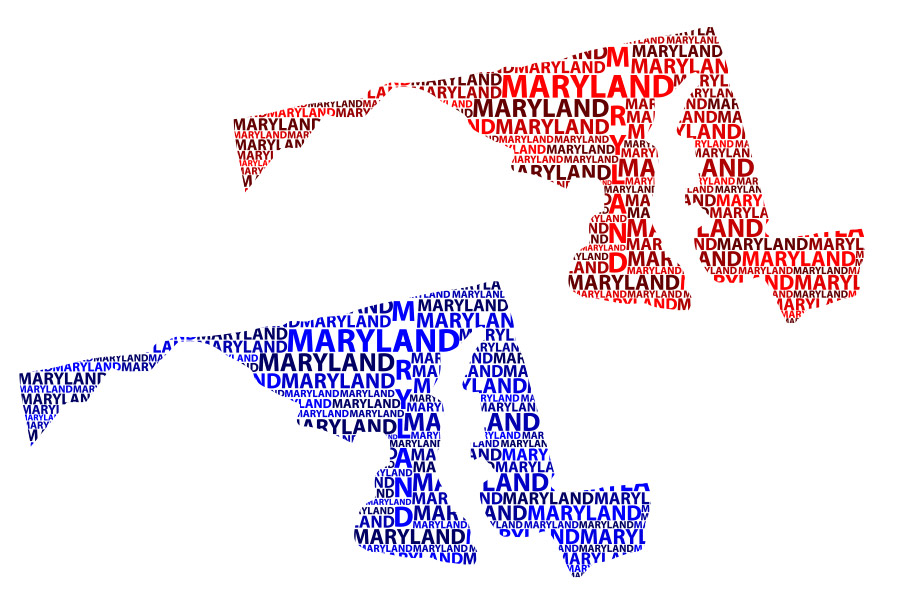Maryland Jumps On Wayfair Bandwagon and Announces Policy

In response to the Supreme Court’s decision in Wayfair Case, Maryland issued guidance to taxpayers on July 17, 2018. The Wayfair case struck down 50 years of Supreme Court precedent by holding that physical presence was no longer required to require companies to charge, collect, and remit sales tax in a state. For businesses, this means that purely selling into a state could subject them to state tax requirements without any physical presence.
Since Wayfair, in June 2018, states have made announcements detailing their position of the case. Although it is not very helpful, Sales and Use Tax Alert Regarding South Dakota v. Wayfairannounced it would impose state taxes to the extent the constitution allows. In theory, this could mean that sales alone is sufficnet in Maryland’s eyes to require vendors to collect sales tax on sales made into Maryland.
In the post-Wayfair world, companies should be aware of the requirements for states they sell into. Most states place a minimum sales threshold that once crossed triggers sales and use tax collections. Some states, like Maryland, cryptically refer to the constitution as its limitation. Others, still have not announced their official position. If you or your client’s company sells across state lines, it is imperative to stay up to date on the quickly changing and developing area of the law.
Gerald “Jerry” Donnini II is a shareholder of the Law Offices of Moffa, Sutton, & Donnini, P.A. Mr. Donnini concentrates in the area of state and Federal tax matters, with a heavy emphasis on the tobacco, alcohol, motor fuel and related industries. He also handles a myriad of multi-state state and local tax issues. Mr. Donnini is a co-author for CCH’s Expert Treatise Library: State Sales and Use Tax and writes extensively on multi-state tax issues for SalesTaxSupport.com. For more information please call us at 888-966-8216.
Authority
Sales and Use Tax Alert Regarding South Dakota v. Wayfair
Additional Resources
Idaho Enacts New Nexus Standard in Response to Supreme Court Wayfair Decision
What Does Wayfair Mean for Retailers that Sell into Minnesota?
New Voluntary Disclosure Opportunities for Remote Businesses in the Wake of Wayfair
Wayfair Puts Quill’s Physical Presence Test for Sales and Use Tax Collection to Bed



